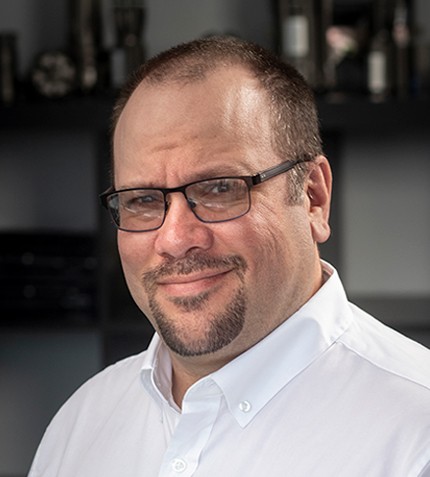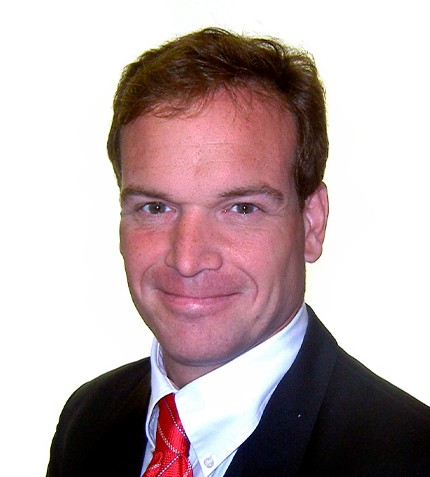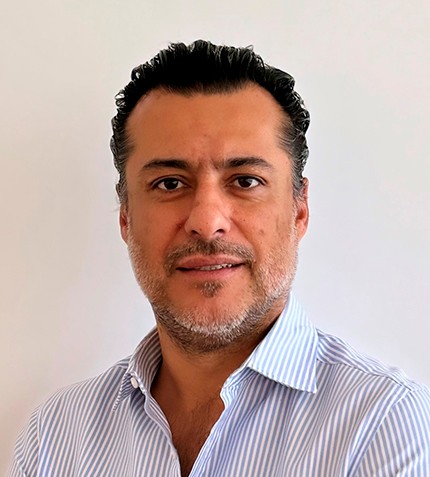
"With the rebound of engineering activities to pre-pandemic levels, Singapore’s process industry is facing various manpower-related challenges, amidst escalating costs."
Wayne Yap
EXECUTIVE DIRECTOR, ASSOCIATION OF PROCESS INDUSTRY (ASPRI)
Can you provide an overview of the Association of Process Industry (ASPRI)’s activities and initiatives over the past year?
In July 2022, ASPRI launched the Process Construction and Maintenance (PCM) Industry Digitalisation Readiness Index (DRI) to provide guidance and industry benchmarking for our members along their digitalization and sustainability journey. Since then, more than 150 members have completed the index and received their individual reports. We will continue our efforts to encourage more members to participate in this DRI, ensuring a comprehensive assessment of digitalization readiness across the industry.
The tagline “Towards A Sustainable Process Industry” was unveiled during ASPRI’s 25th anniversary gala dinner (July 2022), which signifies ASPRI’s aspirations for the process industry. ASPRI has since established a new chapter on sustainability with plans to recruit members, co-create and learn from experts across relevant sustainability themes and explore technologies that can be adopted in Singapore.
In the area of Internationalization, ASPRI revitalized our overseas business trip initiatives in partnership with the Singapore Business Federation (SBF) from Q4 of 2022. These mission trips serve multiple objectives. In the UAE, our members had extensive networking opportunities and gained valuable insights into the business landscape. In Rotterdam, our members connected with technology players in the digitalization and sustainability sectors, learning about the transition towards greener energy and exploring potential collaborations.
What trends have you observed in the process industry recently?
With the rebound of engineering activities to pre-pandemic levels, Singapore’s process industry is facing various manpower-related challenges, amidst escalating costs.
The island-wide shortage of workers’ dormitories has resulted in a steep rise in monthly rental rates with premiums rising 30% or more. Most, if not all purpose-built dormitories are at full capacity, and with no new dormitories coming online in the near term, prices are expected to remain elevated. The lack of available dormitory spaces has indirectly limited the inflow of new/returning workers to Singapore as companies scramble to fulfill their order books.
What are the industry’s main priorities in terms of government relations and policy?
From January 2024, Singapore’s Ministry of Manpower will reduce the Dependency Ratio Ceiling for the process industry (from 1:7 to 1:5). While this reduction signals the need for the industry to press on with productivity improvements to become more manpower-lean, companies that wish to maintain the same migrant workers will find it challenging to hire more locals to meet the reduced Ratio Ceiling quota.
In the same year, a revised migrant worker levy schedule will further incentivize companies who upskill their workforce to enjoy a lower worker levy and, on the other hand, penalize firms with a higher levy for employing an unskilled workforce.
While these broad policy levers are intended to steer the process industry towards a manpower-lean model, companies will have to find ways to weather this harsh climate of escalating business costs amidst tightened manpower policies.
Can you describe ASPRI’s approach to Industry 4.0 and advanced technologies?
From the Process Construction and Maintenance Industry Digital Plan in 2021 to the successful launch of the Digitalisation Readiness Index (DRI) in 2022, and the ongoing efforts in 2023 to improve the digitalization maturity index of our members, the association remains fully committed to guide and hand-hold our members to embark and sustain their digitalization journey.
With preliminary insights attained from more than 150 participant member companies in DRI, we are heartened to note that most of our members have started their digitalization journey. Various advanced technologies are being implemented across the industry ranging from Autonomous Guided Vehicles (AGV) to aid underwater maintenance & construction works thereby reducing the risk on human life, to others creating their own mobile digital safety and audit systems without geographical restrictions.
The association will continue our efforts to advocate the use of advanced technologies to improve workplace health and safety and productivity.










